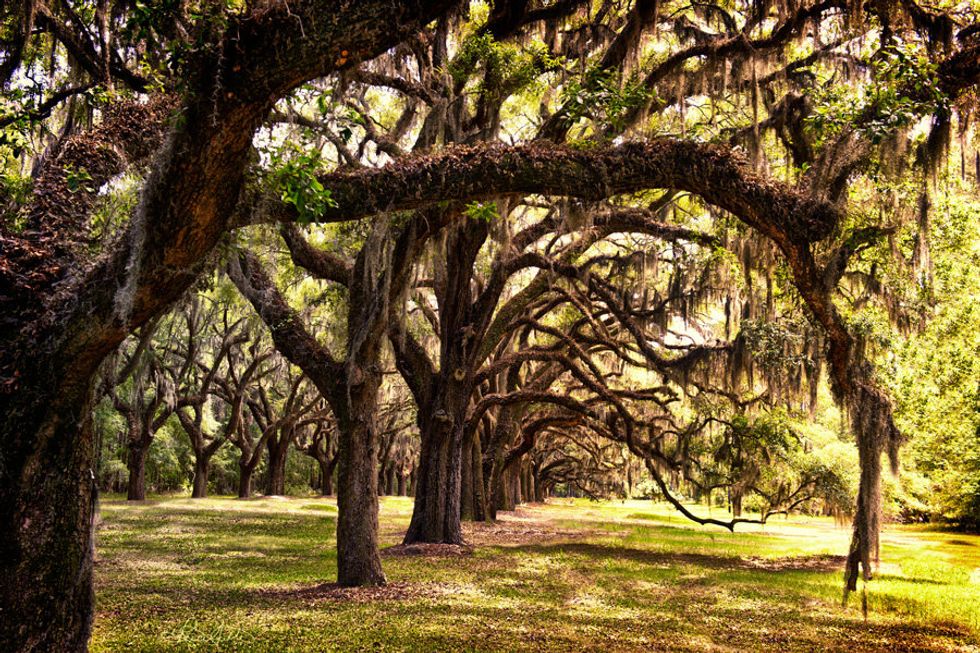Whenever I discuss future plans with friends or family, they are always confused, and a bit offended by my adamant desire to move further north once I graduate. I understand that confusion and hurt; because there are so many wonderful things about living in the south. I love the fierce pride that comes from being able to bear the south’s punishing climate zone. I love the sweetness of the tea, and the unique charm of the people. But, professionally, young adults in the south face a strange set of challenges.
I have had the good fortune to attend the University of Montevallo; Alabama’s only public liberal arts institution. Because of its unique status and reputation in the south, Montevallo exists in a unique kind of creative, academic bubble. However, that bubble is not representative of what life looks like outside of a university’s campus in the south. Generally, southern professions favor practical knowledge over abstract thought and creativity. There are simply fewer creative, professional opportunities in the south because the sub-culture of the southeast does not naturally thrive off of artists or intellectuals.
When people seem disappointed in me because I want to move to the northeast, it’s not due to a lack of affection for the south. As an aspiring writer, living in the northeast is simply a more practical career choice. The genre of “southern gothic” in literature is critically influential, as well as a source of pride for the south. Works of “southern gothic” like the stories of Flannery O’Connor, the plays of Tennessee Williams, or the novels of Harper Lee have become representational of what life looks like in the south. This genre and these authors are wonderful for establishing a strong literary tradition in the south. However, “southern gothic” has also become a source of limitation. While it’s wonderful that writers from the south can aspire to follow the tradition of masters of literature like Flannery O’Connor, their regional reputation becomes hard to ignore. If you’re writing in the south, you become a “southern writer”. And, unfortunately there are intrinsic limitations to being a “southern writer”.
The desire to avoid the label of “southern writer” is not a desire to avoid the south. But as young, professional writers try to establish themselves in the modern literary sphere of America, they can find themselves haunted by the limited opportunities in the south. Every beginning writer will inevitably look at literary magazines as a starting point for publication. While there are many wonderful southern literary journals, like The Black Warrior Review or The Georgia Review, the majority of well-established literary journals are in the northeast. This regional monopoly of literary journals is possibly a result of the abundance of liberal arts institutions in the northeast; whereas, the south is more well-known for its abundance of SEC schools that offer excellent athletic programs.
No area of the country is any worse or better, but the sad fact of the matter is that different regions still hold a monopoly of different professional opportunities. The tradition of southern writing is critically and culturally important. However, the idea of the "southern writer" can be a strange, emotionally compromising hurdle facing young writers.






 The minimum wage is not a living wage.
StableDiffusion
The minimum wage is not a living wage.
StableDiffusion
 influential nations
StableDiffusion
influential nations
StableDiffusion












